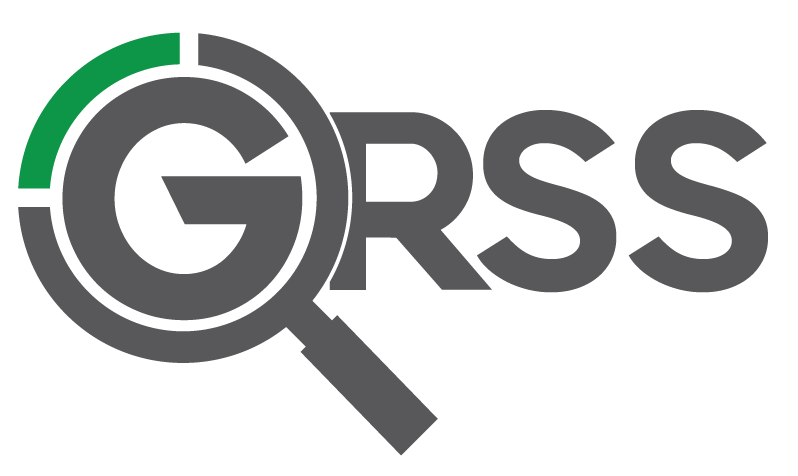In common with other financial services firms, private equity managers have been forced to face the challenge of how to adhere to electronic communications (“eComms”) policies and record keeping during the pandemic. Initially, these were temporary concerns around business continuity but latterly have shifted to an apparently more permanent revision of normal working practice. Deciding what types of communication channels should be allowed, and how the resulting records are maintained and monitored has been a difficult issue for both the management and compliance teams. The challenge faced by these teams is to ensure that recordkeeping obligations are met whilst allowing the business to operate normally and to adapt and evolve in the increased usage of a wider array of communications channels, such as video and instant messaging platforms. The complexities involved in resolving such issues has inevitably attracted regulator’s interest. Recent press reports have highlighted regulatory enquiries at large investment banks over the maintenance of records and surveillance activities across both personal devices and new communication channels.
So, should private equity also be looking at using a more active communications surveillance process as part of their compliance control and governance oversight?
The current debate in regulatory circles on the adequacy of the surveillance processes performed by investment managers and brokers to detect or prevent financial crime, with a focus on market abuse may well have been viewed as of limited interest in many private equity businesses. Some PE firms may have concluded that as they have limited contact with listed companies and their investment activities are not caught by certain related regulatory requirements such as call recording, that they avoid a significant surveillance burden. This conclusion may be hard to justify to the regulator, particularly following recent warnings. Clearly, any private equity firms that do have exposure to listed companies, whether directly through portfolio investments and transactions or by the nature of investee companies’ business, will, of course need to properly document market abuse risks and perform appropriate detective controls, over such things as inside information, conflicts management and personal dealing. Such controls should include the surveillance of records, such as eComms.
More generally, however, the establishment of clear policies over acceptable eComms, the capture and maintenance of these records and a focused active surveillance are valuable tools in private equity which support compliance monitoring and demonstrate to stakeholders that the management of conflicts of interest inherent to private equity is fully controlled.
For example, the portfolio valuation process will create a range of major conflicts for many PE firms. Valuation decisions directly impact investors’ returns, the firm’s remuneration, employees’ participation (carried interest), co-investors and fund raising efforts. Valuation processes can bring in conflicting interests of different fund offerings, the involvement of external service providers (valuation agents) as well as affiliated bodies. It is vital that private equity firms can demonstrate that all key conflicts are not only identified and recorded but are properly assessed and managed in reality. A surveillance process that captures the interactions of the various parties involved in the valuation process will demonstrate that the firm is meeting its obligations to investors and effectively managing conflicts.
Other areas where surveillance of communications will add substance to compliance efforts include decisions in relation to allocations of investments between funds and co-investors, timings regarding disposal of investments, expense allocations between different bodies, management of inducements, personal account dealing risks and wider financial crime risks such as bribery and corruption (i.e. adherence to the gifts and entertainment policy) and money laundering.
Commercially available communications surveillance systems will help private equity firms address the developing challenges of record keeping across multiple channels while providing the opportunity to centrally interrogate the ingested data to meet compliance risks. Increasingly such systems permit tailored lexicons and elements of machine learning that increases relevance of alerts and the efficiency of surveillance results. Such efforts allow compliance teams to produce tangible output that address identified conflicts and provides meaningful reporting of management information to governance bodies. Regulators, such as FCA, are aware of the capabilities of such systems and their relatively low cost, and as such are less willing to accept that a surveillance solution is out of reach for any regulated firm, including PE.
In conclusion, the time when PE firms could believe that active eComms surveillance is unnecessary or disproportionate for their business has probably passed.









